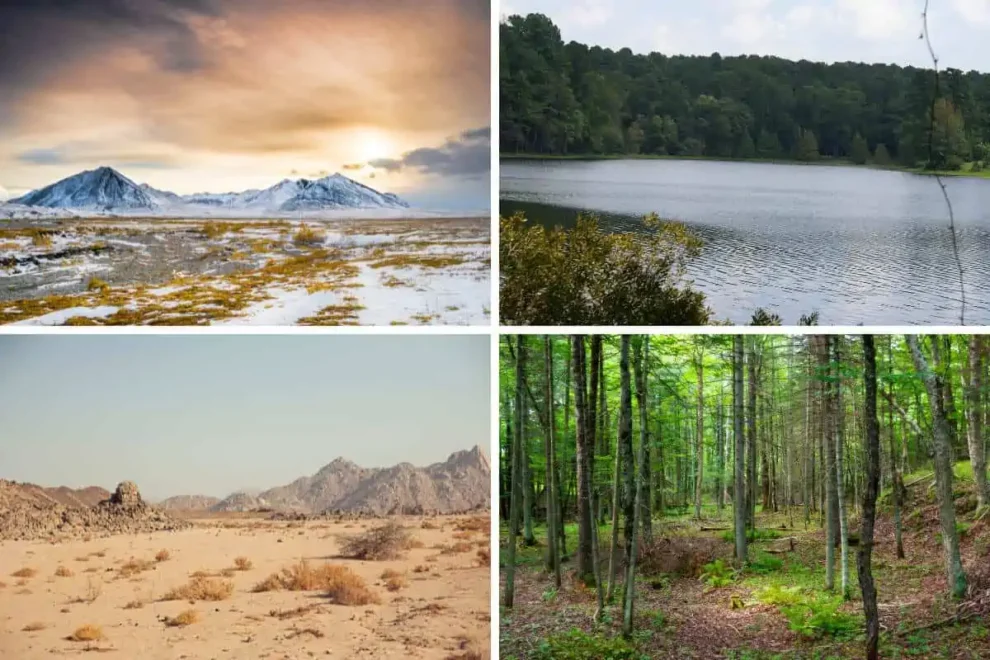Ecosystems 2030 Executive Chairman Omar Hatamleh encouraged participants at the opening of the Ecosystems 2030 forum on Thursday to be “visionaries” who strive to “achieve the impossible” in a world where technology impacts every aspect of life.
The Palacio de Exposiciones y Congresos de La Coruña hosts Ecosystems 2030 Thursday and Friday, the technology and innovation summit is now in its third edition, and the second consecutive one in La Coruña.
The opening of the event, featuring about 60 speakers from leading global companies, was led by Global Social Entrepreneur and Professor of Business Nikki Eberhardt, who emphasized the importance of “transformation” in all fields, coupled with “innovation.”
Omar Hatamleh urged participants to be “visionaries” and “proactive, not reactive”: “Unite for the extraordinary, together we will achieve the impossible,” he declared.
The event’s promoter outlined that artificial intelligence has three stages, currently in the “narrow” phase, and predicted the arrival of “general” intelligence within a few years.
“The challenge is superintelligent AI,” Hatamleh summarized, anticipating that this would be one of the topics addressed during the two-day event.
“Cognitive decline” linked to technology use, “increasing longevity,” now a reality, and the “economy of the future” are some of the issues speakers will discuss.
The First Deputy Prime Minister of Spain and Minister for Economy and Digitalization, Nadia Calviño, noted that technological advances are “issues that generate fascination and fear simultaneously,” and called for ensuring “that this future is the best possible.”
“Digitalization has a humanist character, placing people at the center and leading us to a better democracy and society,” she said.
Calviño argued that “La Coruña is the best example of how, thanks to technology and preparation in the present,” we build “tomorrow,” a future she looks at “with confidence” alongside Ecosystems 2030 participants.
Amparo Alonso, an artificial intelligence specialist from the University of La Coruña, highlighted that innovation today has an “impact all over the world,” proposing an analysis of the main “challenges and risks” and extending the work to companies and institutions.
La Coruña Mayor Inés Rey cited the city’s relationship with technology, specifically with artificial intelligence, through “over 700 companies” in the sector and its designation as the headquarters of the Spanish Agency for Artificial Intelligence Supervision (Spanish acronym AESIA).
“The goal is to retain and attract talent, which is especially important for my government and my city,” said the mayor of a city she described as “ambitious and creative.”
The First Deputy Prime Minister of the Spanish region of Galicia, Francisco Conde, assured that there is a “Galician ecosystem” committed to “innovation.”
Conde summarized a series of issues that make Galicia an essential place to understand the technological fabric of the Iberian Peninsula.
Source : La Prensa Latina











